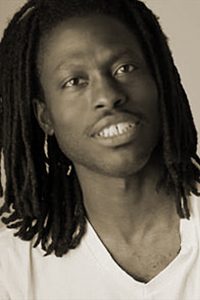An interview with faculty member Charles Baxter appears at Fiction Writers Review:
Ian Singleton: Thanks for granting my request to do this interview, Charlie. Let’s talk about requests, since that’s a theme in your new collection, There’s Something I Want You to Do. Each story has a moment when a character says, “There’s something I want you to do,” which leads to a request. The stories’ titles each come from virtues and vices. How are those two themes related in your work, requests and then virtues and vices?
Charles Baxter: A couple of ways. I came at this in a very unmethodical way. I wasn’t thinking systematically when I put the book together. I arrived at this arrangement just from a kind of a coincidence. I had seen a performance of Hamlet at a local theater here in Minneapolis, and I was struck by the way that play starts with the ghost of Hamlet’s father asking him to avenge his death and to honor his mother and to remember his father, all these requests. And it struck me: that’s a hell of a wonderful way to get a dramatic story started, just to ask someone to do something, particularly if it’s dangerous, or possibly unethical. It brings up issues of loyalty, issues of power, of your will, of your ability to do what’s been asked of you. And I thought: Well, I don’t know why a short story couldn’t operate by some of the same means.
Continue reading online…




